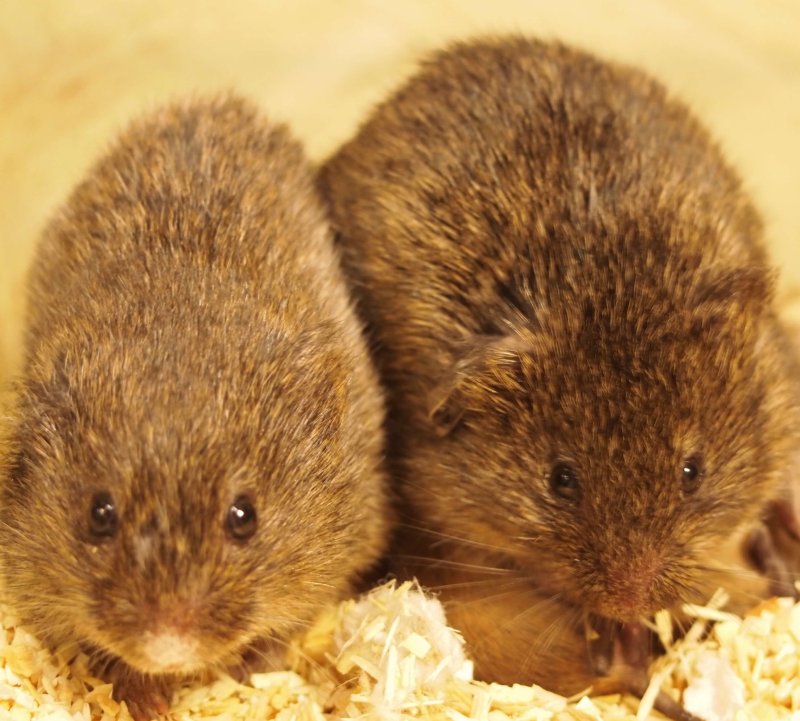The GLP aggregated and excerpted this blog/article to reflect the diversity of news, opinion and analysis.
Prairie voles are meant to be models of monogamy. These adorable rodents form intense lifelong bonds, sticking with the same partner year after year, and raising many generations of pups together. But monogamy doesn’t mean fidelity. Male prairie voles will “cheat” on their partners, wandering into neighbouring territories and mating with females from other couples. And the males differ (#notallvoles?), in that some individuals are steadfastly faithful while others are more likely to stray.
Now, Steven Phelps from the University of Texas at Austin has shown how these differences in behavior are connected to differences in the voles’ genes. Specifically, males can inherit variants of a particular gene that affect a part of the brain involved in remembering places. If they have variants that confer poorer spatial memory, they are worse at remembering the locations of social encounters, more likely to wander out of their own territories, more likely to meet other females, and more likely to have pups out of volelock.
Scientists have been studying the social lives of prairie voles since 1971, when Lowell Getz first discovered their long-term bonds. Together with neurobiologist Sue Carter, he showed that these bonds depends on two related hormones called oxytocin and vasopressin, which are involved in many kinds of social behaviors.
Read full, original post: A Study of Unfaithful Voles Links Genes to Brains to Behavior































